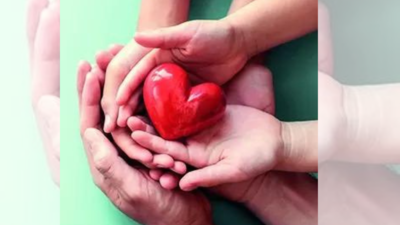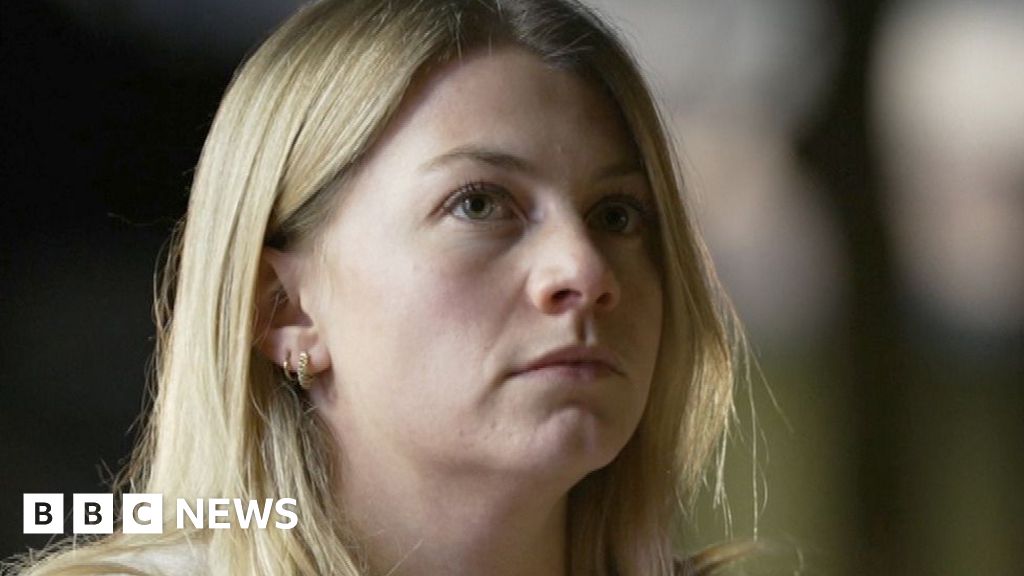
SEOUL: South Korea on Wednesday admitted for the first time that in its rush to send children to American and European homes decades ago, its adoption agencies committed widespread malpractices, including falsifying documents, to make them more adoptable.
The findings by South Korea's Truth and Reconciliation Commission, a government agency, which said children were sent away "like luggage" for profit decades ago, were a hard-won victory for
South Korean adoptees
abroad. Many adoptees have returned to their birth country in recent years, campaigning tirelessly for South Korea to come to terms with one of the most shameful legacies of its modern history.
Adoption agencies falsified documents to present babies as orphans when they had known parents, the commission acknowledged. When some babies died before they were flown overseas, other babies were sent in their names. The heads of four private adoption agencies were given the power to become legal guardians for the children, signing them away for overseas adoption.
The commission's report was the government's first official admission of problems with the country's adoption practices, including the lack of oversight, even though such malpractice had been exposed in the past. The agency recommended that the state apologize for violating the rights of South Korean adoptees.
South Korea is the source of the world's largest diaspora of intercountry adoptees, with around 200,000 South Korean children sent abroad since the end of the Korean War in 1953, mostly to the United States and Europe.
In its destitute postwar decades, South Korea promoted overseas adoptions to find homes for orphaned, abandoned or disabled children abroad rather than build a welfare system for them at home. The government left it to the adoption agencies to find and ship children abroad for fees from adoptive families.
"This is a moment we have fought to achieve: The commission's decision acknowledges what we adoptees have known for so long -- that the deceit, fraud and issues within the Korean adoption process cannot remain hidden," said Peter Moller, a South Korean adoptee from Denmark who led an international campaign for the commission to launch an investigation.
The truth commission does not have the power to prosecute any of the adoption agencies, but the government is required by law to follow its recommendations.
The adoption agencies did not immediately respond to requests for comment.
This article originally appeared in The New York Times.

 3 days ago
7
3 days ago
7









